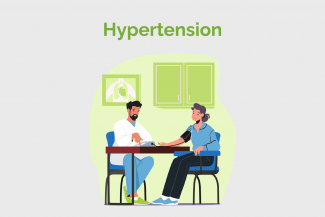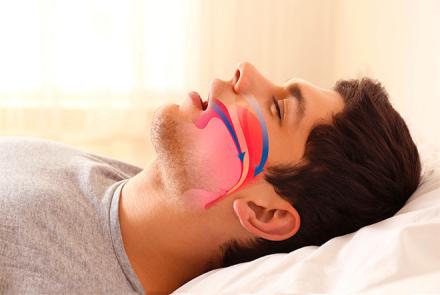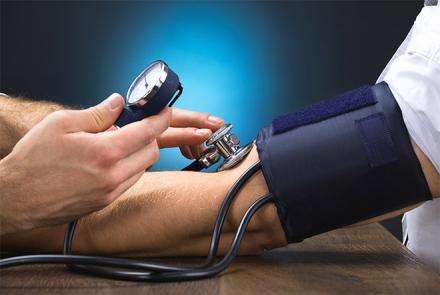Hypertension is the medical term for high blood pressure.
One in three adults worldwide, according to the 2012 WHO World Healh Statistics report, has raised blood pressure – a condition that causes around half of all deaths from stroke and heart disease.
In low and middle income countries, it often does not get diagnosed and treated.

Hypertension or high blood pressure may be caused by any of the following reasons:
- Narrowing of the arteries
- A greater than normal volume of blood
- The heart beating faster or more forcefully than it should
Any of these conditions will cause increased pressure against the artery walls. High blood pressure may also be caused by some other underlying medical problem.
Are you at risk of developing high blood pressure?
Risk factors for high blood pressure include:
- Age and gender: The probability of developing high blood pressure increases as we get older. The risk increases in men over age of 45 and women over age 55.
- Family history: A family history of hypertension puts a person at a higher risk category than a person with no family history of hypertension. However, the full repercussions of this are still being researched.
- Smoking: Cigarette smoking is a major risk for high blood pressure.
- Activity level and exercise: A low-exercise lifestyle or no exercise leads to weak heart and obesity. This contributes to high blood pressure.
Download our ebook on Yoga for High Blood Pressure.
- Diet: Too much salt (sodium) and too little potassium can increase the risk of high blood pressure. Sodium and potassium are important regulators for maintaining fluid balance of cells.
A DASH of salt to control high blood pressure
- Stress: Too much emotional stress can lead to temporary but dramatic increase in blood pressure. Chronic stress can cause people to engage in unhealthy behaviours like overeating, smoking, alcohol use or lack of exercise. These contribute to high blood pressure. Relaxation and meditation are effective in lowering blood pressure.
Read about Stress Management approaches
- Medication: Certain drugs like non-steroidal anti-inflammatory, eg Ibuprofen, can cause damage to kidneys, aggravate heart failure and heart attack or stroke. These medications can lead to hypertension or make existing hypertension worse .Cold and cough medicines can also cause a rise in blood pressure and heart rate by constricting the arteries.
- Chronic conditions: Certain chronic conditions like diabetes, kidney disease and sleep apnea increase the risk of high blood pressure. The relationship between sleep apnea and hypertension is thought to be due to obesity.
- Low Vitamin D level: Too little Vitamin D in your diet can result in hypertension. Researchers think that vitamin D may affect an enzyme produced by the kidney that affects our blood pressure.
- Other medical problems: Hormonal imbalance, tumours or other medical problems can cause hypertension.
Changed
28/Apr/2025
Community
Condition

















